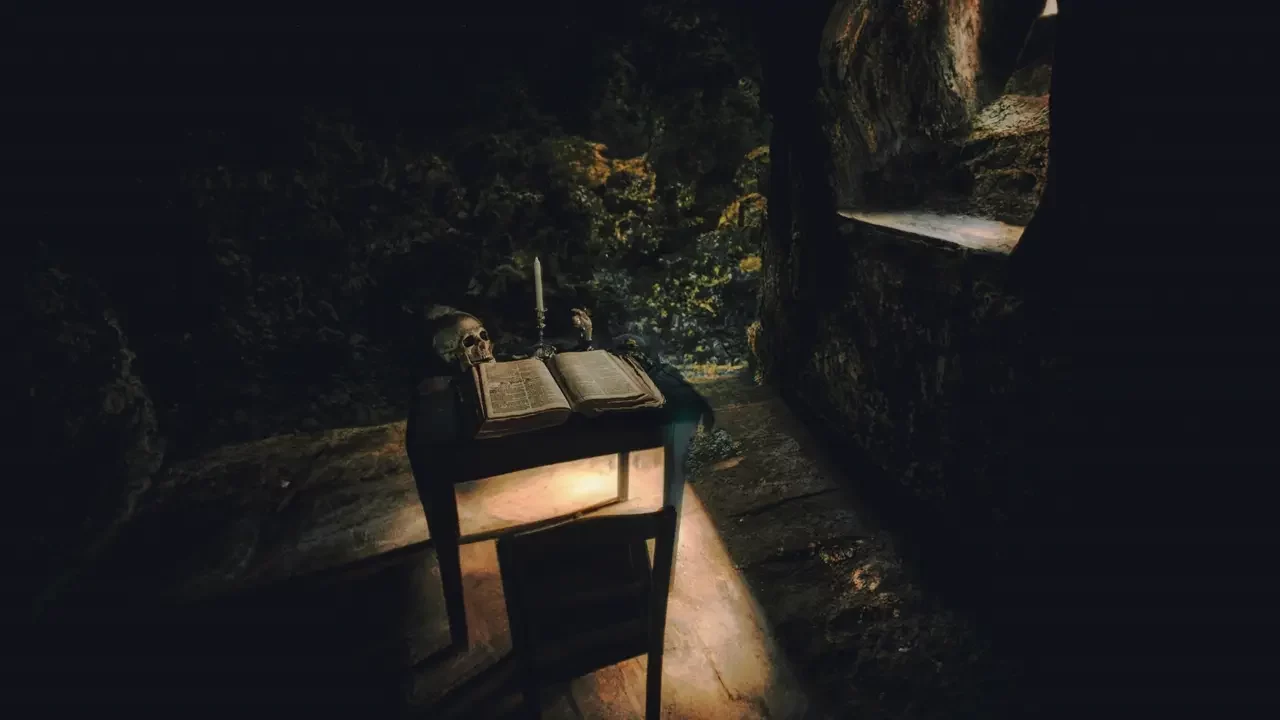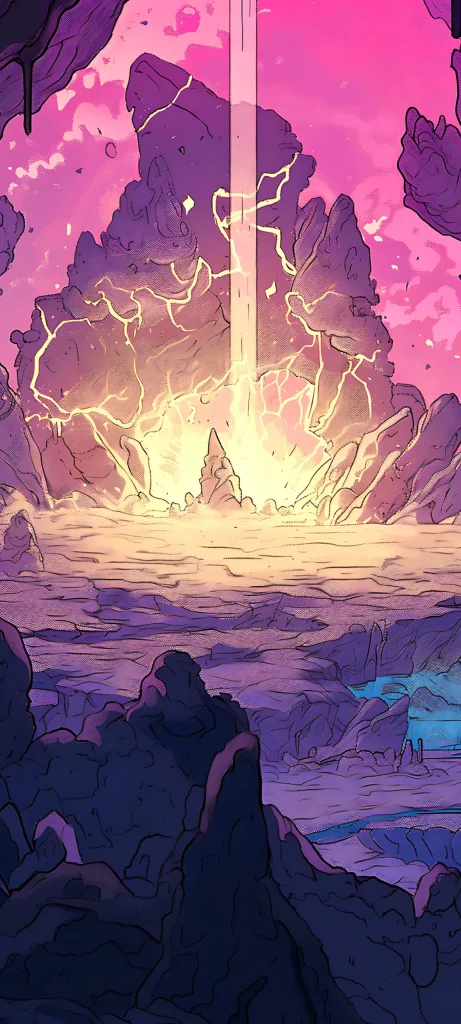Imagine that you're running a game for your friends and they reach a fork in the road. So, they spend the next 10 minutes debating which path to take; but, little do they know, you've created an ogre encounter that will happen regardless of their choice. This is the "quantum ogre," a pre-planned encounter that exists in multiple locations until players make a choice. Like a particle in quantum physics that exists in multiple states until observed, your ogre floats in a narrative limbo until the players "observe" it.
Why Choice Matters in Games
When players choose Path A over Path B but encounter the same ogre either way, was their choice meaningful? The answer depends on whether we value the act of choosing or its consequences.
Psychology tells us players accept predetermined elements but hate meaningless decisions. We value the feeling of control nearly as much as actual control. It's why casinos let you throw the dice yourself and why many elevator "close door" buttons do nothing but make you feel better.
Player Expectations
Players understand you prepare elements beforehand. What they want is assurance that their approach leads to different outcomes.
Why Gamemasters Use Quantum Ogres
Most GMs use quantum ogres for practical reasons. For one, they can save prep time by avoiding unique encounters for every single choice. Also, if you spent hours brainstorming the perfect ogre encounter with peculiar quirks and tactics, it is only natural that you'd want your players to see it. Overall, quantum ogres allow for narrative consistency and balance.
Hidden Cost
Once players realize their choices don't matter, the damage happens instantly and often permanently. They start questioning every decision, wondering if careful planning even matters.
How Different Game Systems Handle Player Choice
Various RPG systems approach the quantum ogre differently. Traditional games like D&D work reasonably well; players expect to face whatever challenges appear.
Old School Revival (OSR) games value unpredictable gameplay where the world exists independently of player actions. In these games, the quantum ogre often feels like cheating.
Narrative games, such as Powered by the Apocalypse, take a different approach where the GM responds to player actions with appropriate moves triggered by the fiction and dice results.
Game Philosophy
Better Ways to Handle Prepared Content
If you still want to use your prepared encounters, consider modifying them to match player choices.
On a mountain path, players might fight the ogre on narrow ledges where footing matters. In a swamp, they face the same ogre half-submerged in murky water with difficult terrain. You can also link outcomes to decisions: the mountain ogre might have a map to nearby caves, while the swamp ogre might possess a cursed amulet tied to the region's history. Environmental storytelling is your friend.
Most importantly, maintain world logic. If you've established there's an ogre in the western woods, don't teleport it to the eastern plains just because players went east.
Alternative Approaches
The "three clue rule" suggests that you should provide at least three different ways for players to discover crucial information. For example, in a combat encounter, you might decide the challenge rating instead of the exact creature. A mountain path might have a CR 3 wyvern while a swamp path features a CR 3 troll.
Consider using curated random tables with interesting encounters for each region, rolling when players travel. Sometimes honesty works best: "I've prepared this cool haunted monastery for tonight. Would you be up for a detour?" Most players appreciate transparency.
True Agency
Finding Balance
The quantum ogre isn't inherently good or bad. It's a tool, it depends on how and when you use it. The best GMs find balance—preparing enough for compelling adventures while remaining flexible to honor player choices. They build worlds that respond to decisions rather than merely accommodating them.
Sometimes, the most magical moment is when you let the ogre stay exactly where you placed it, even if players never meet it at all. Because in that moment of true player agency, the game world becomes something that exists beyond your plans.




